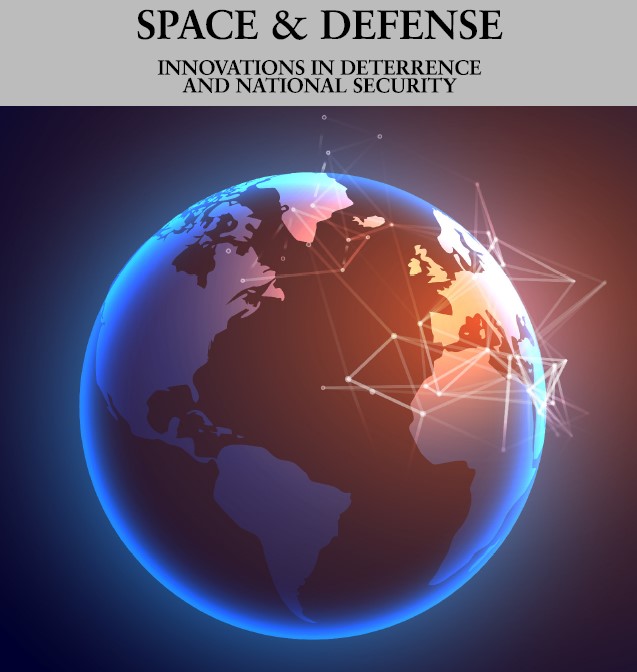Space and Defense

Abstract
The opinions, conclusions, and recommendations expressed or implied in this paper are those of the author and do not necessarily reflect the official policy or position of the United States Air Force, Department of Defense, or United States Government. The author thanks David Koplow, Phil Meek, and Michael Saretsky for their extremely helpful comments on previous versions of this article.
Space law has and should continue to play an essential role in the evolution of spacepower. Testing the principle of “freedom of space” and helping establish the legality of satellite overflight were primary objectives of NSC- 5520, the first U.S. space policy, approved by President Eisenhower in May 1955; during the 1960s, the superpowers and other emerging spacefaring states negotiated a farreaching and forward-thinking Outer Space Treaty (OST); and today a variety of transparency- and confidence-building measures (TCBMs) for space are being discussed and debated in a number of fora.
DOI
10.32873/uno.dc.sd.03.02.1188
Recommended Citation
Hays, Peter L.
(2009)
"Viewpoint: Space Law and the Advancement of Spacepower,"
Space and Defense: Vol. 3:
No.
3, Article 15.
DOI: 10.32873/uno.dc.sd.03.02.1188
Available at:
https://digitalcommons.unomaha.edu/spaceanddefense/vol3/iss3/15
Included in
Asian Studies Commons, Aviation and Space Education Commons, Defense and Security Studies Commons, Eastern European Studies Commons, International Relations Commons, Leadership Studies Commons, Near and Middle Eastern Studies Commons, Nuclear Engineering Commons, Science and Technology Studies Commons, Space Vehicles Commons
